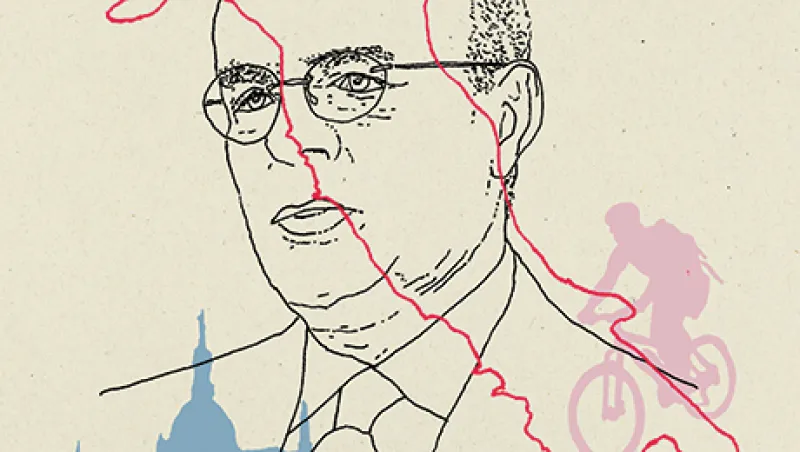
Mario Greco Restores Focus, and Profits, at Italy’s Generali
With a new team and a sharper focus, the CEO is transforming the insurance company from a political power broker into a profit machine.
Jonathan Kandell
May 22, 2014


